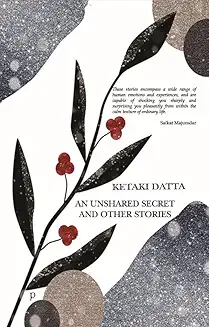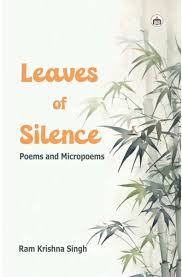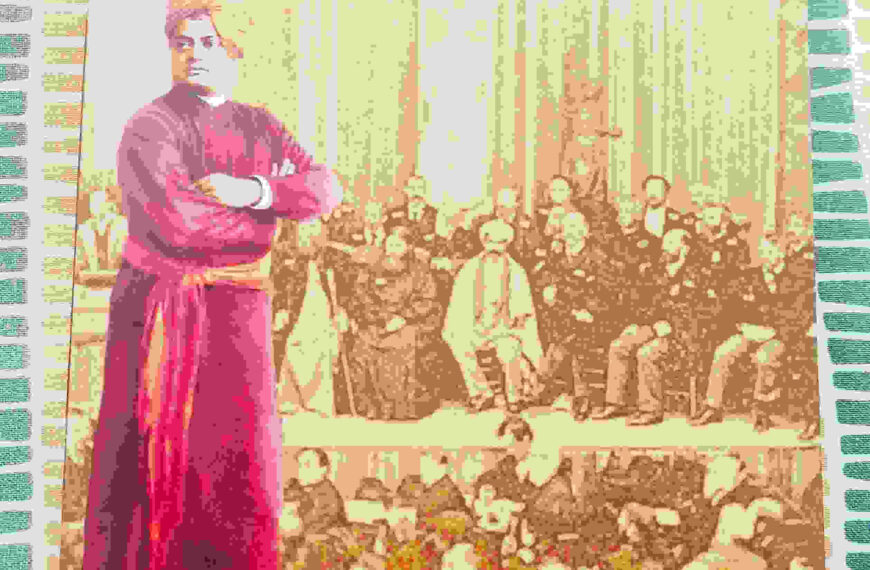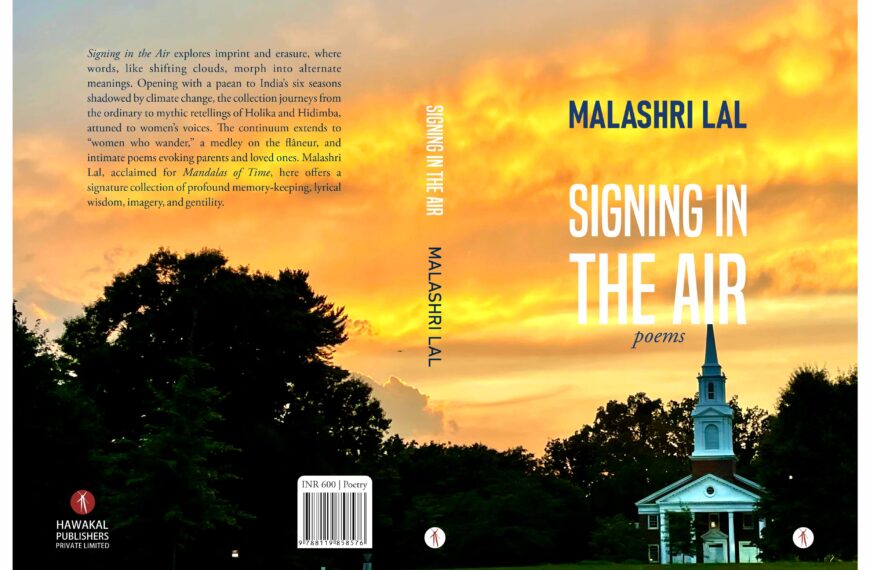Dustin reviews Rituparna Khan’s debut novella, Homecoming, for its exploration of love, loss, and human connection, focusing on international intrigue and historical conflict, exclusively for Different Truths.

Rituparna Khan’s first novella, Homecoming (Virasat Art Publication, 2022), is a confusing masterpiece. In the beginning, we are met with charitable characters that feel truly lifelike. This reader originally anticipated a fictionalized memoir. The story opens with details about an Indian NGO based in Kolkata, “Nandini,” which fights sex trafficking. Considering this is a hot-button issue internationally, the dimensions developed contain surprise elements that exceed expectations. When the protagonist (Ujjaini) meets with a young woman (Pratyusha) who is victimized by her husband and his cousins, together they unravel their stories of horrible experiences. Ujjaini’s story of her husband-to-be’s demise in a plane crash invokes sympathy. It seems the protagonist is filling the void caused by the loss through her involvement with the NGO. “Homecoming” takes on metaphorical meanings.
It is not clear what the complete meaning of “homecoming” may be if you trust only the opening few sections. Reading the novella, my initial thought was that “homecoming” referred to God’s way of bringing contentment and comfort to those who need it most. Throughout the novella, that meaning was maintained for me as a reader. There are compelling moments, such as when Pratyusha is almost captured again by her husband, whom she originally escaped. There are also poems scattered within the pages to untie emotional knots and elicit deep sympathy from the reader. The characters become richer and more lucid as the narrative arc progresses.
What confused me as a reader is the surprise ending. It becomes an unbelievably surreal adventure for Khan’s characters, particularly the admirable protagonist. We learn that she is quickly compelled by a Pakistani author, Umr Khalid, after reading his award-winning novel. He later arouses controversy with his political positions concerning Bangladesh. It is assumed he is an agent of Bangladeshi intelligence. The controversy stirs the news media until the true reasons for his sympathies are unveiled. The protagonist eventually meets the author under the auspices of the Pakistani government.
This tale manages in only a short period to make a startling turn in the meaning of “homecoming.” Ujjaini and Pratyusha inevitably part ways following Pratyusha’s illness. However, the most devastating pauses for Ujjaini are filled with the music of life. It feels like a harrowing tale of destiny, not just between lovers experiencing loss but between countries that were like quarrelling lovers—Pakistan and Bangladesh.
The story is ultimately about the union; it is a story of returning love with some national histories in the background. The presentation is easy to follow as there are no unnecessary characters or knots left untied. This is a beautiful story that could enrich generations of readers. Love is universally appealing.
The story illumines the nature of contemporary relationships, providing a descriptive narrative featuring humane treatment of characterization and storyline. While the style and pace are efficiently related, this novella in particular is charming and original, presenting its own fresh twist that enlivens the plot and structure. This unique twist defies traditional patterns in love stories. The odd plot shift is enough to compel the readership.
Cover photo sourced by the reviewer






 By
By
 By
By
 By
By
 By
By